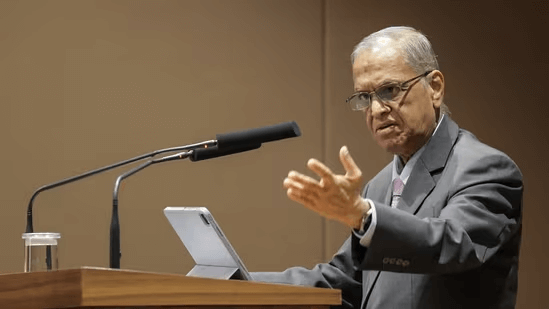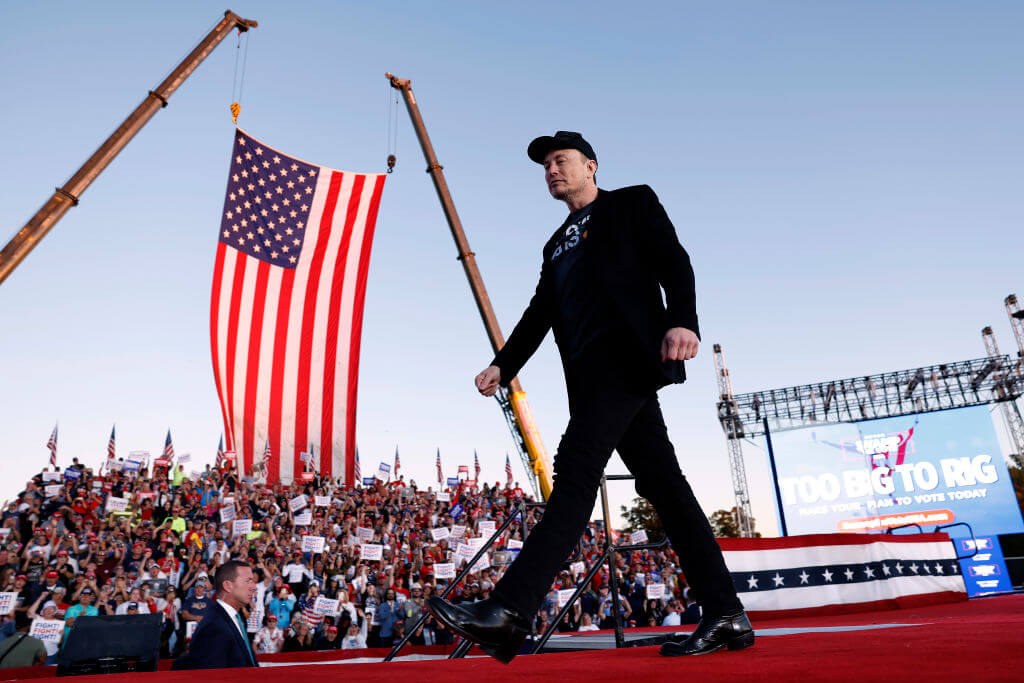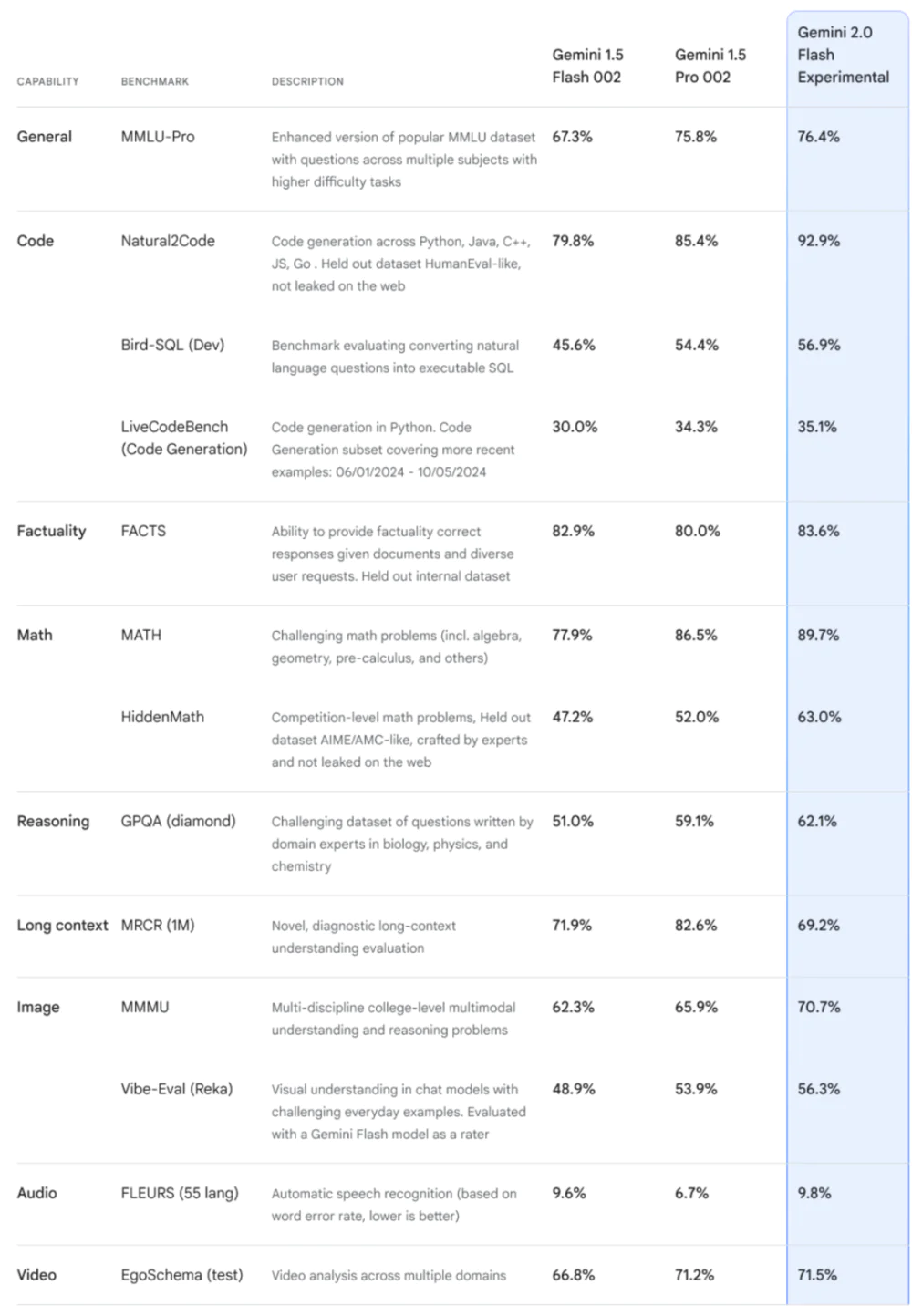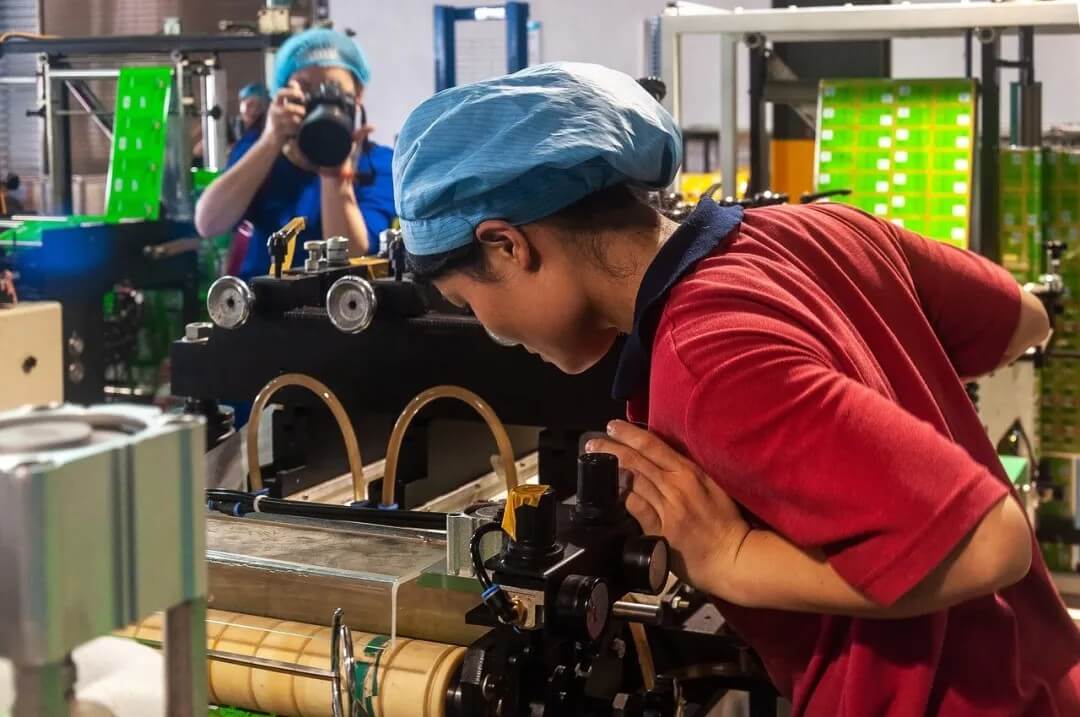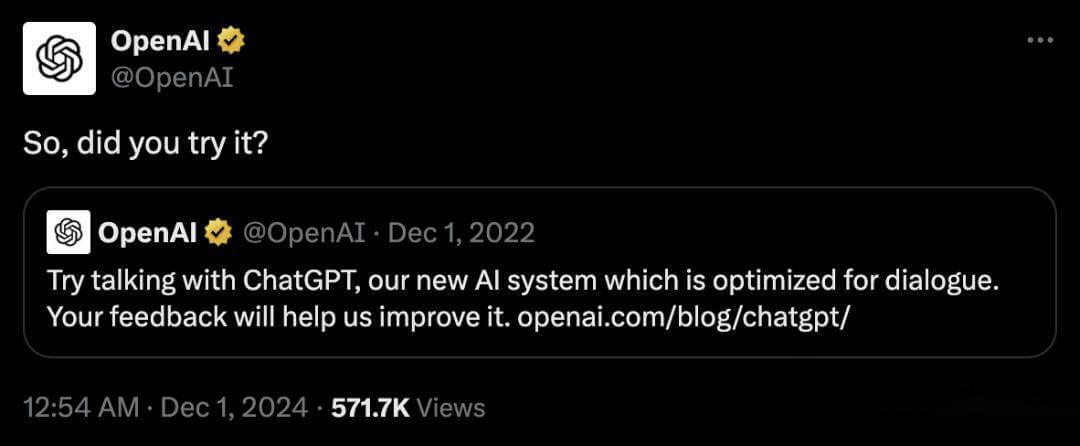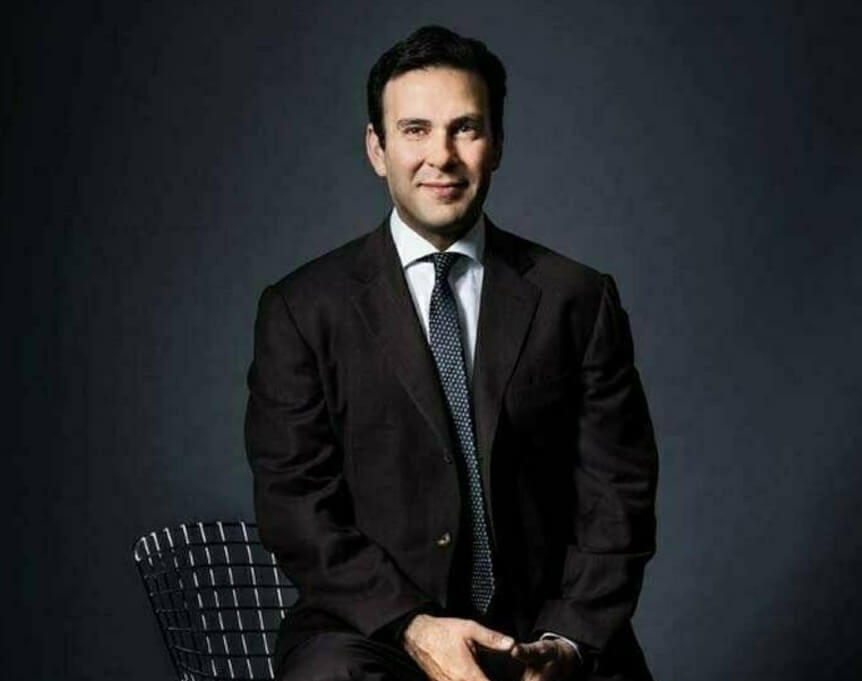Since assuming his new role, Elon Musk has been leveraging his experience managing companies like Tesla, SpaceX, and Twitter to lead the Government Efficiency Department, aiming to reduce public spending. Simultaneously, he has revived and escalated his previous lawsuit against OpenAI.
This time, Musk has not only brought in new plaintiffs, including Neuralink executive and former OpenAI board member Shivon Zilis, as well as his AI company xAI, but he has also named Reid Hoffman (Microsoft board member and former OpenAI board member) and Dee Templeton (Microsoft VP and former OpenAI board member) as defendants.
As Musk’s dispute with OpenAI heats up, he has revealed more insider information, including evidence that OpenAI spent exorbitantly to “poach AI talent.” These claims are supported by internal emails and documents filed in the lawsuit.
OpenAI’s Lavish Spending to Secure AI Talent
According to Business Insider, Musk’s lawyers submitted a 107-page amended complaint to the Federal Court in Northern California. It alleges that “OpenAI has sought to deplete its competitors’ AI talent pool by aggressively recruiting employees and offering lucrative compensation. The company plans to spend $1.5 billion on personnel expenses for just 1,500 employees.”

How Much Does OpenAI Pay?
As a private company, OpenAI isn’t required to report compensation data like public companies. However, platforms such as Levels.fyi, which tracks salaries in the tech sector, provide some insights.
According to Levels.fyi, OpenAI’s annual total compensation ranges from $144,275 for technical writers to $1,338,750 for software engineers. The platform reports a median annual total compensation of $534,197 at OpenAI.
For software engineers, Levels.fyi indicates that OpenAI’s average annual total compensation is $810,000, far surpassing the San Francisco Bay Area average of $257,500.
Roger Lee, co-founder of the salary benchmarking company Comprehensive.io, told Bloomberg that engineering roles listed on OpenAI’s website often fall within a $200,000 to $370,000 range, excluding stock options and bonuses. For specialized roles, salaries range from $300,000 to $450,000.
This generous compensation has been a major factor in OpenAI’s dominance, with the company now holding a nearly 70% share of the generative AI market. Musk and others argue that OpenAI and Microsoft’s practices constitute a monopoly.
The lawsuit characterizes the partnership between Microsoft and OpenAI as a “de facto merger” and asserts that “Microsoft is now OpenAI, and OpenAI is now Microsoft.” Musk’s lawyers allege that OpenAI is actively working to eliminate competitors by discouraging investors from funding rival companies and unfairly benefiting from Microsoft’s infrastructure and expertise. xAI claims this arrangement has caused harm, including denial of comparable access to Microsoft’s computational resources.
Musk: “I Was Deceived Into Supporting OpenAI’s Founding”
Musk’s lawyers also allege that Sam Altman initially reached out to Musk under false pretenses, exploiting his concerns about AI risks. The lawsuit outlines OpenAI’s origins, including an email Altman sent Musk in 2015 proposing the idea of creating a non-profit AI research lab.
In the email, Altman suggested that humanity might not be able to stop AI development but could ensure its development wasn’t monopolized by Google. He proposed a “Manhattan Project for AI” led by a global team of top-50 AI experts. Musk responded, “Might be worth discussing.”
A month later, Altman followed up with a detailed proposal for what would become OpenAI, emphasizing safety, governance, and non-profit principles. Musk agreed, and OpenAI was founded.
Initial Collaboration and Growing Fractures
As a non-profit, OpenAI initially relied on top talent and resources. Musk, deeply concerned about competition from DeepMind, actively recruited world-class scientists and engineers. In 2016, he emailed Altman and OpenAI co-founder Greg Brockman, emphasizing the importance of attracting top-tier talent, even if it required reassessing employee compensation.
Despite these efforts, internal disagreements began to emerge as the industry grew more competitive. By September 2017, Greg Brockman and Ilya Sutskever expressed concerns in a joint email to Musk and Altman. They worried about Musk’s desire for “absolute control” over AGI development, which contradicted OpenAI’s mission to prevent AGI dictatorship.
Their concerns prompted Musk to issue an ultimatum: maintain OpenAI’s non-profit structure or lose his financial support. Musk eventually stepped down from OpenAI’s board in 2018, becoming one of its fiercest critics.
The Escalating Legal Battle
In March 2023, Musk filed his first lawsuit against OpenAI, alleging that its collaboration with Microsoft violated its non-profit mission. Musk withdrew the case but filed a revised suit in August, accusing OpenAI of prioritizing commercial interests over its original goal of benefiting humanity.
The latest amended lawsuit lists 26 claims across 107 pages, up from 15 claims in the original 83-page filing. OpenAI has denied the allegations, pointing to email evidence showing Musk’s prior support for its for-profit structure. Microsoft has declined to comment.
As this legal battle unfolds, it has the potential to reshape the AI landscape, influencing the future of OpenAI, xAI, and the global AI market. We will continue to monitor developments closely.
References:
